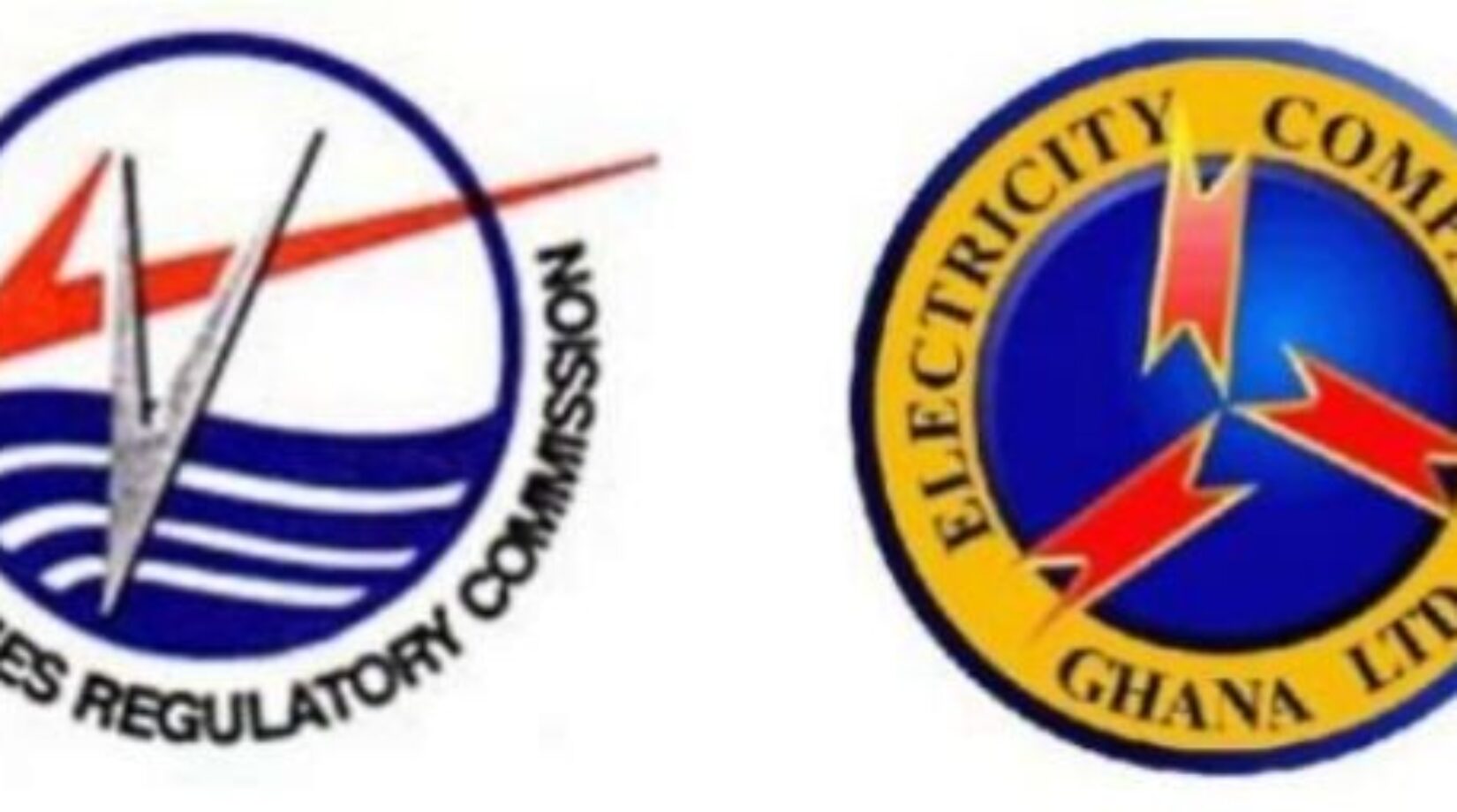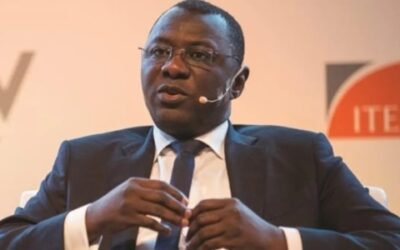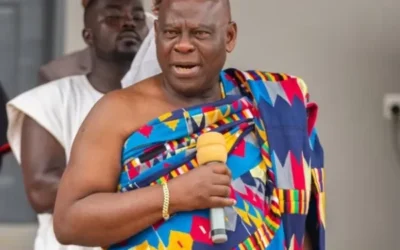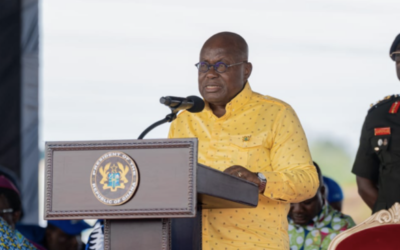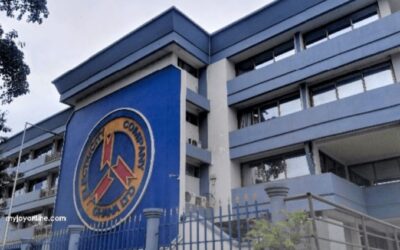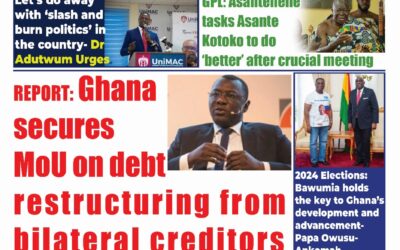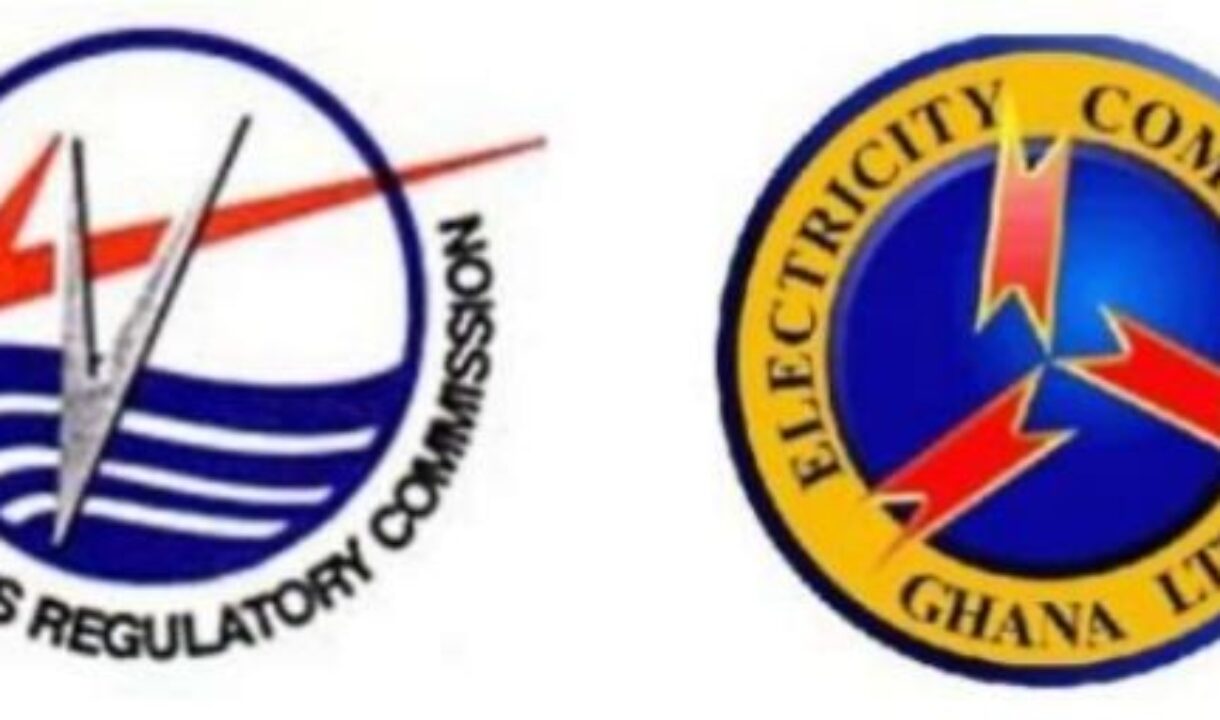The Public Utilities Regulatory Commission (PURC) has concluded the Quarterly Tariff Reviews for the second quarter of 2023 as part of its regulatory mandate.
The review has resulted in the Commission approving tariff increases for natural gas and electricity for the second quarter of 2023.
The Quarterly Tariff Review Mechanism seeks to track and incorporate changes in key factors used in determining natural gas and electricity tariffs.
These factors are the Chana Cedi/US Dollar exchange rate, inflation, electricity generation mix and the weighted average cost of natural gas (WACOG).

This review has become necessary to maintain the real value of cost of supply of the utility services and to ensure that the utility companies do not under or over recover costs. While under recovery has negative implications for the ability of the companies to supply service to consumers, and has the potential of causing outages of electricity, over-recovery unnecessarily overburdens consumers of electricity. The Quarterly Tariff Review Mechanism is meant to address the above.
Since the announcement of the first quarter tariff decision in January 2023, the key variables underlying the rate setting have changed. The weighted average Ghana Cedi/US Dollar exchange rate used for the first quarter tariff review was GHC10.5421 to the US Dollar. Since then, the Ghana Cedi has depreciated against the US Dollar.
The first quarter tariff decision resulted in a 25% under-recovery of the exchange rate. This has to be recovered in order to ensure that the country does not add to the already mounting debt in the energy sector. The projected exchange rate for the second quarter plus the first quarter under-recovery is GHC12.7118 to the US Dollar.
The Weighted Average Cost of Gas (WACOG) used for the first quarter of 2023 was USD6.0952/MMBtu.
For the second quarter, as a result of an increase in price of Nigeria-Gas (N-Gas) and other factors, the applicable WACOG is USD6.5165/MMBtu.
With respect to electricity generation mix, the hydrothermal mix used for the second quarter is 29.01% for hydro and 70.99% for thermal, as against 26.11% for hydro and 73.89% for thermal used for first quarter of 2023. Hydro allocation of 29.01% helped to reduce the impact of changes in the macroeconomic variables and the WACOG on the tariff.
The net effect of the Ghana Cedi/US Dollar exchange rate, inflation, WACOG and electricity generation mix is that the utility companies are under-recovering and require an upward adjustment of their rates in order to keep the lights on.
The PURC is very mindful of the current economic circumstances, but notes that the potential for outages (dumsor) is high and this could have strong adverse impact on citizens and businesses.
This has to be avoided. The PURC therefore sought to balance prevention of extended power outages and its adverse implications on jobs and livelihoods, while minimising the impact of rate increases on consumers. The Commission will continue to monitor quality of service to ensure consumers get value for money.
The Commission therefore decided, after extensive deliberations and analysis, to increase the average end-user tariff for electricity by 18.36% across board for all customer groups.Source:Peacefonline.com


